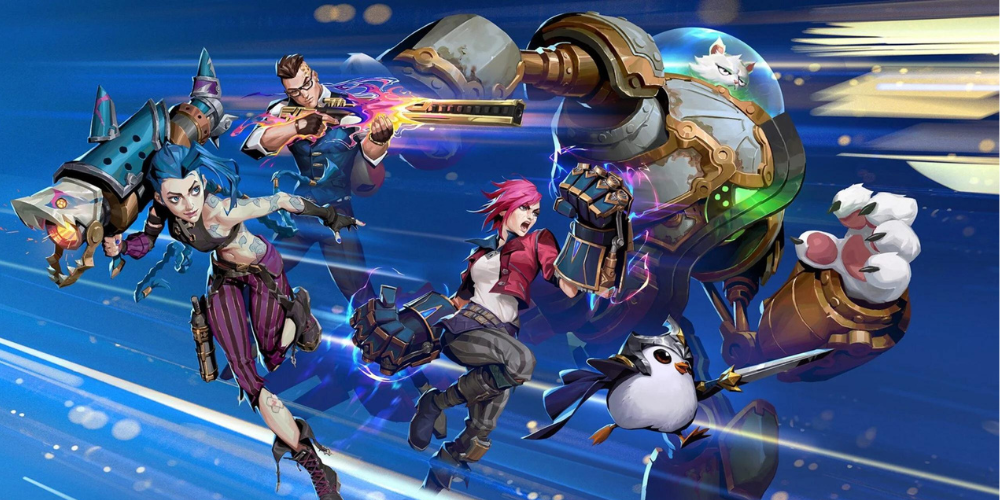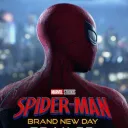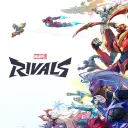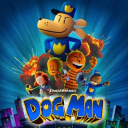Riot Games' Potential Smash Bros. Competitor Canceled as Focus Shifts
Jul-10-2024

Riot Games, renowned for its major titles like League of Legends and Valorant, recently made headlines by discontinuing a highly anticipated 2D fighting game. Internally referred to as "Pool Party," this project aimed to expand the League of Legends universe into a new gaming genre. Despite leveraging substantial resources and involving a dedicated team of about 70 to 80 employees, the decision to cancel the game reflects a strategic recalibration by Riot Games. The discontinuation is particularly notable given Riot’s intended focus on creating a competitive esports ecosystem around the game.
The ambitious "Pool Party" initiative was conceived as a unique blend of competitive and casual gaming elements, initially envisioned as a hardcore fighting game similar to Nintendo's Super Smash Bros. Over time, it evolved to include more party-like features, appealing to a broader, more casual audience. This shift in direction, however, created internal friction within the development team, which may have had diverging visions for the project's final form. The decision to halt the game was reportedly influenced by several market factors, including the perceived performance of similar games in the industry.
A critical factor in Riot’s decision to scrap "Pool Party" was a comprehensive reassessment of consumer interest in a game that would compete directly with established titles. Market dynamics revealed that the audience for such games might not be as robust as initially believed, especially after observing the market reception of comparable games like MultiVersus. Riot Games' apprehension towards continuing "Pool Party" highlights the challenges of entering a saturated and competitive gaming landscape. The company's leadership judged that the resources and effort required might not yield the expected returns.
While this decision marks the end of "Pool Party," it underscores Riot Games' adaptive and strategic approach to its project portfolio. According to Joe Hixson, Riot’s senior communication director, the company routinely evaluates its projects through various phases of research and development, often spinning new ideas up and down multiple times a year. The emphasis on flexibility allows Riot to allocate resources more effectively, ensuring that only the most promising endeavors move forward. This approach not only reflects prudent business practice but also helps maintain focus on projects with higher potential for success.
In the wake of "Pool Party's" cancellation, many team members have been reassigned to other projects within Riot Games. This internal reshuffling signifies the company’s commitment to retaining valuable talent and ensuring that expertise is redirected to other promising areas. Notably, the scrapping of "Pool Party" has had no adverse effect on other ongoing projects, specifically the development of 2XKO, a 2v2 fighting game set to be released in 2025. This provides a silver lining for fans eagerly anticipating new experiences from Riot Games, assuring them that exciting developments remain on the horizon.
In summary, Riot Games' discontinuation of "Pool Party" points to a thoughtful reconsideration of market demands and internal project alignment. The company's agile response to evolving industry conditions enables it to better manage its creative investments. The decision allows Riot to refocus its efforts on ventures that promise greater returns and community engagement, illustrating a nuanced understanding of both business strategy and player expectations.







